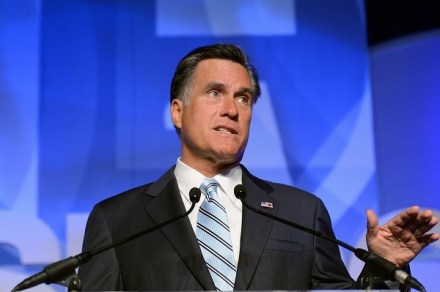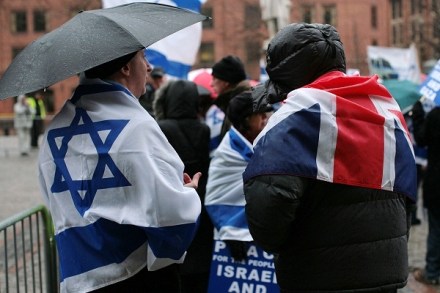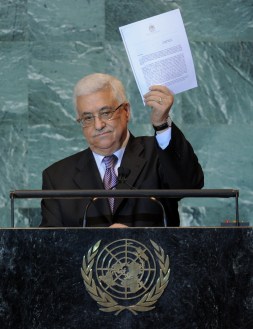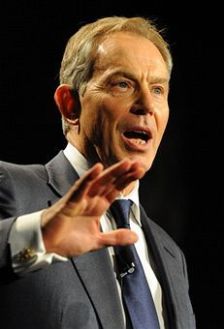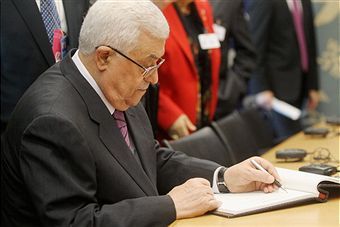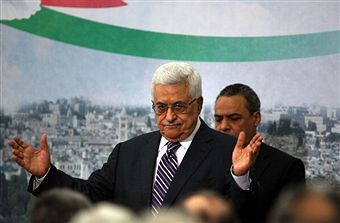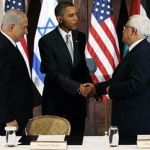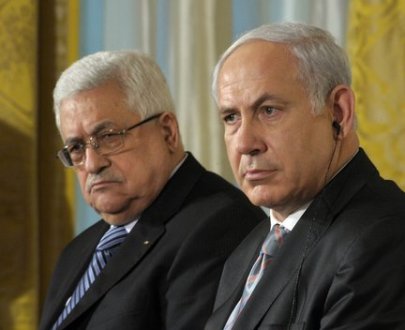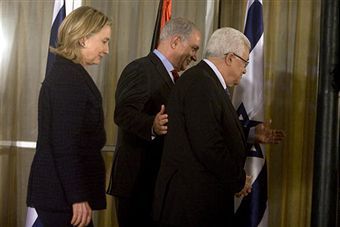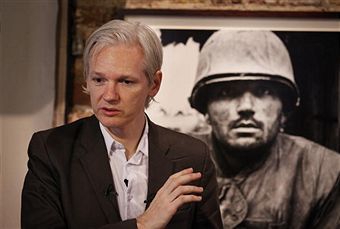Mitt Romney’s ‘gaffe’ is nothing of the sort
The papers today are full of the latest alleged ‘gaffe’ by Mitt Romney. It has become a staple of US election coverage that any Democrat’s foreign policy fumble is a ‘mis-speak’ while any Republican saying something even mildly contentious – as opposed to wrong – is a world-class clanger which shows them to be unfit for office. Today’s Romney ‘gaffe’ relates to his reported comments on the Middle East. This is not exactly a region in which the Obama administration has covered itself in glory. But even as Obama’s policy failings are being felt, it is Romney who is being lambasted for, among other things, his claim that ‘the Palestinians
